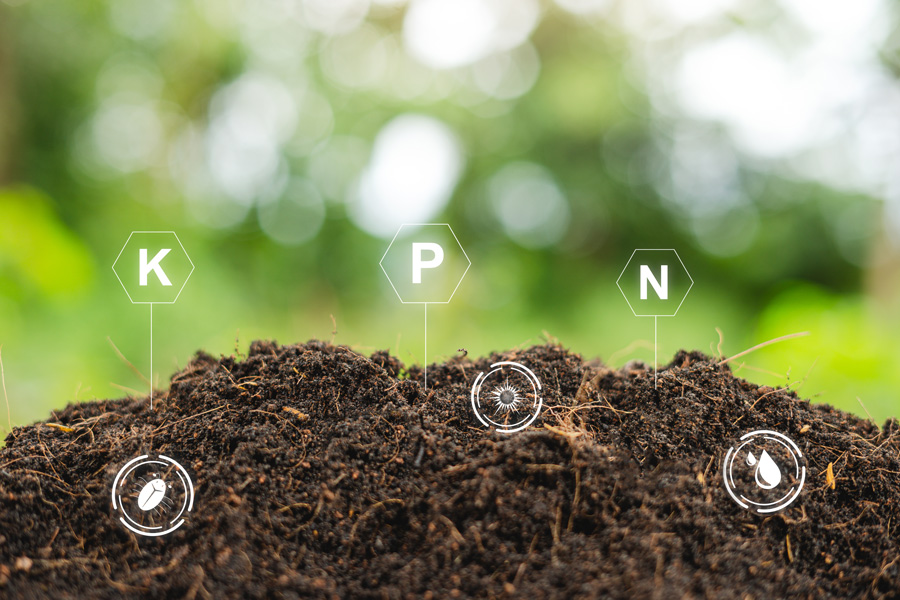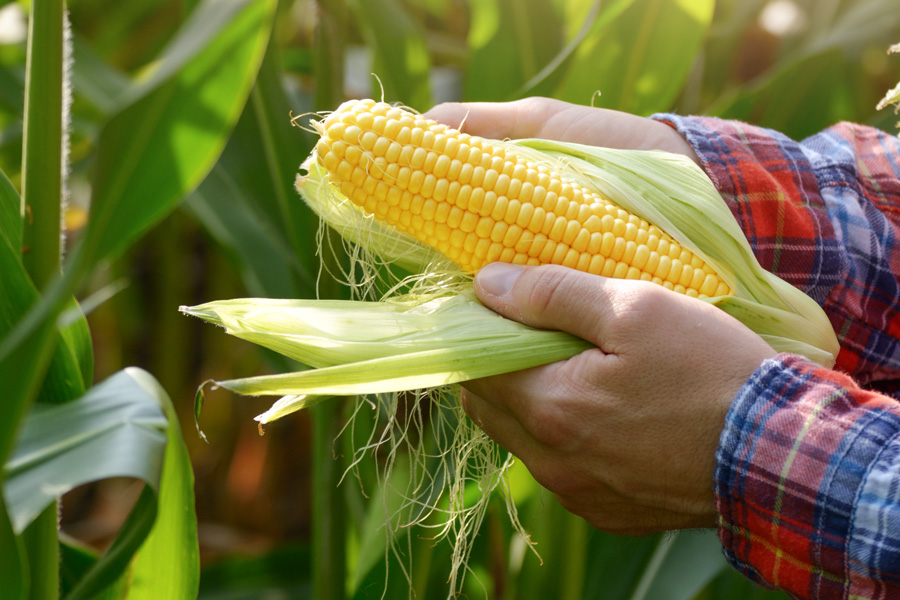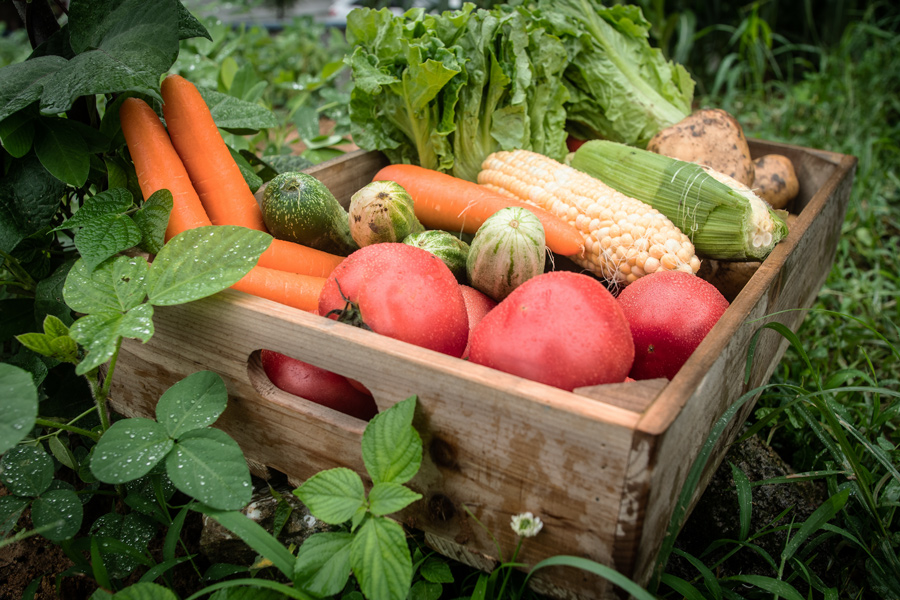A farm’s return on investment is directly affected by the way water is applied to its crops. The wrong end-gun settings can result in overwatering or underwatering large portions of field acres. Clogged or partially clogged nozzles lead to obvious water shortages that can be visually observed or measured using yield monitors. Systems not properly checked and maintained can lead to significant losses in potential income.

A farm’s return on investment is directly affected by the way water is applied to its crops. The wrong end-gun settings can result in overwatering or underwatering large portions of field acres. Clogged or partially clogged nozzles lead to obvious water shortages that can be visually observed or measured using yield monitors. Systems not properly checked and maintained can lead to significant losses in potential income. This irrigation reference guide will contain information provided by UGA Extension recommended irrigation scheduling rates for corn, cotton, peanuts and soybeans. The guide will also recognize specific center pivot application issues and how to correct them.

Published by University of Georgia Cooperative Extension. For more information or guidance, contact your local Extension office.
The University of Georgia College of Agricultural and Environmental Sciences (working cooperatively with Fort Valley State University, the U.S. Department of Agriculture, and the counties of Georgia) offers its educational programs, assistance, and materials to all people without regard to age, color, disability, genetic information, national origin, race, religion, sex, or veteran status, and is an Equal Opportunity Institution.
Status and Revision History
- Published on January 31, 2020
- Published with Minor Revisions on March 15, 2021
What is a Circular?
Circulars are more focused than Bulletins and will discuss one subject in a limited form.
Written and Reviewed by Experts
This resource was written and reviewed by experts. Click below for more information on how we produce science you can trust.






